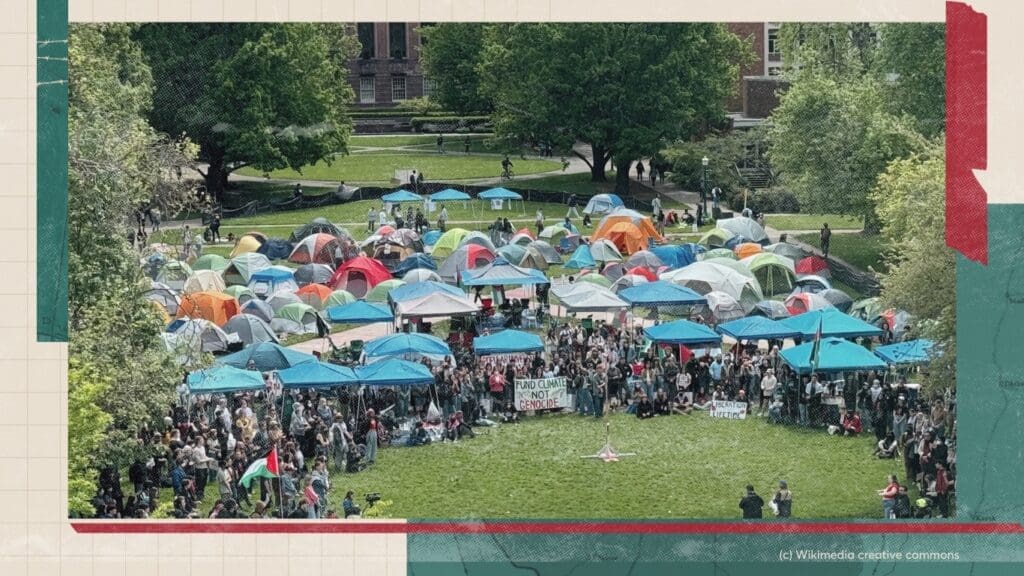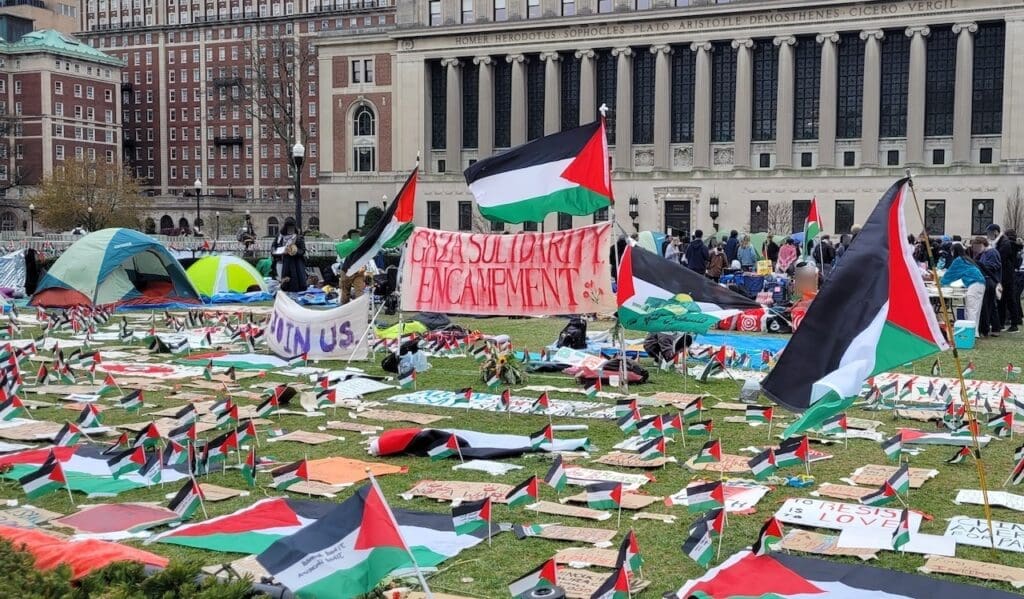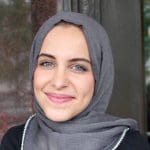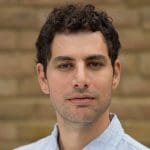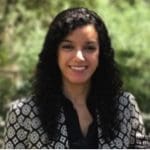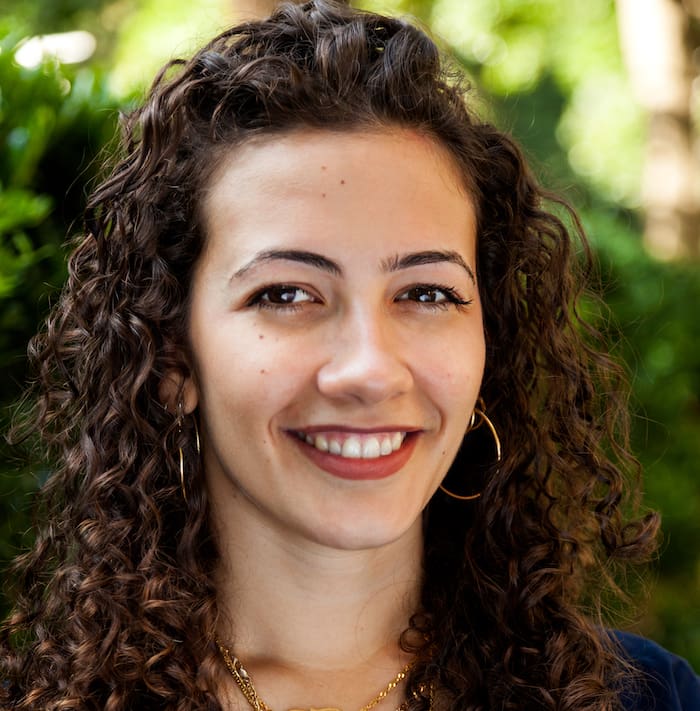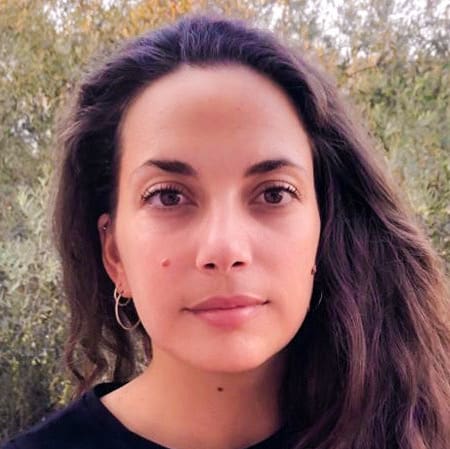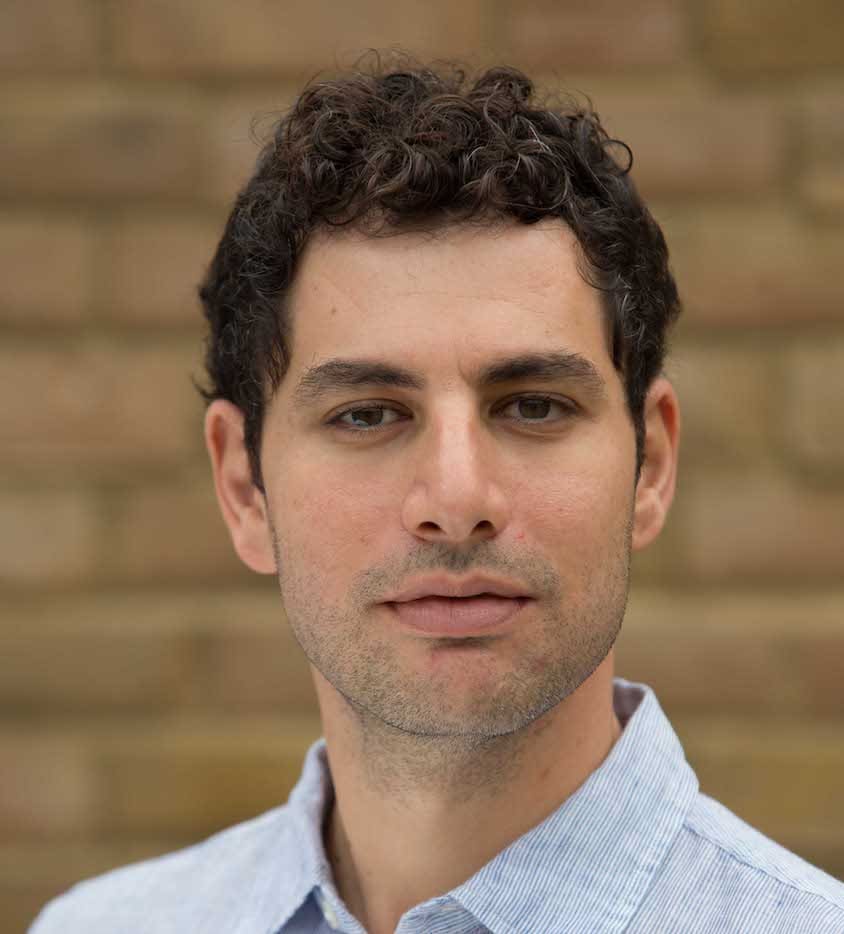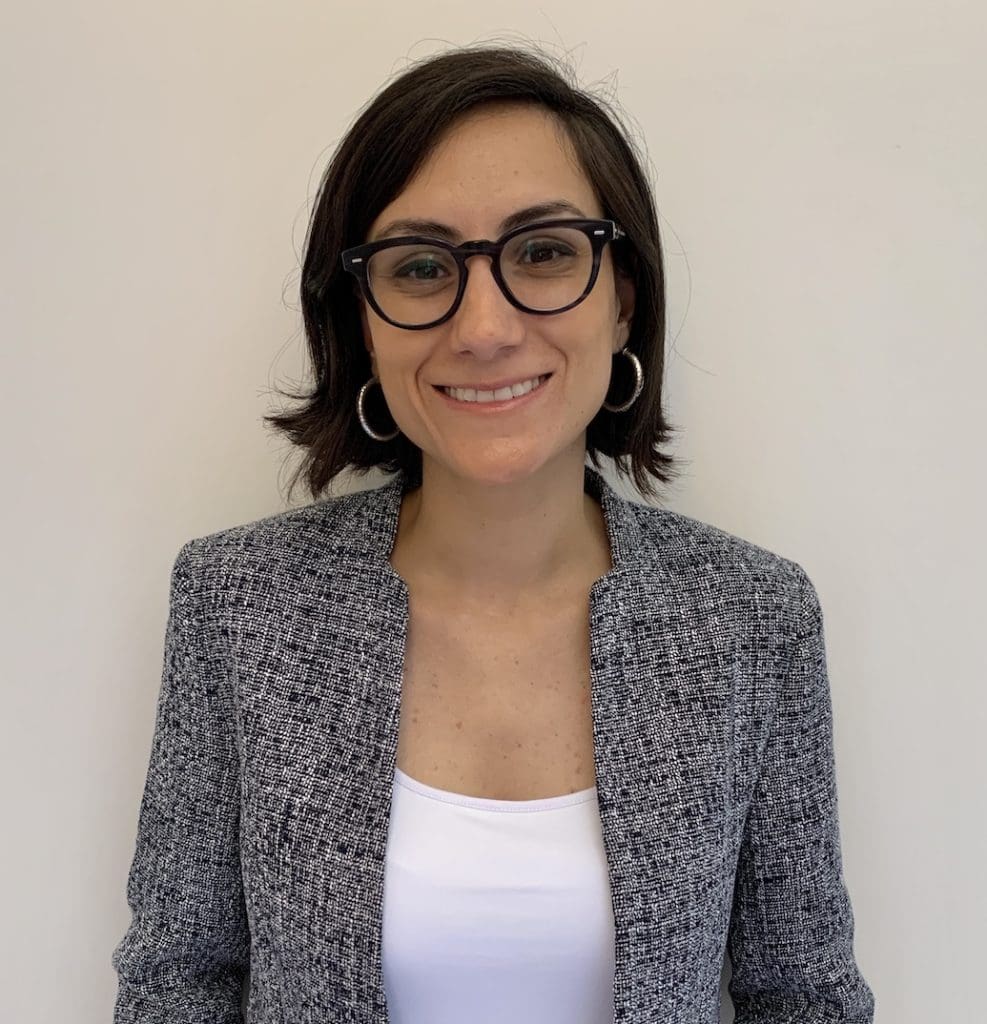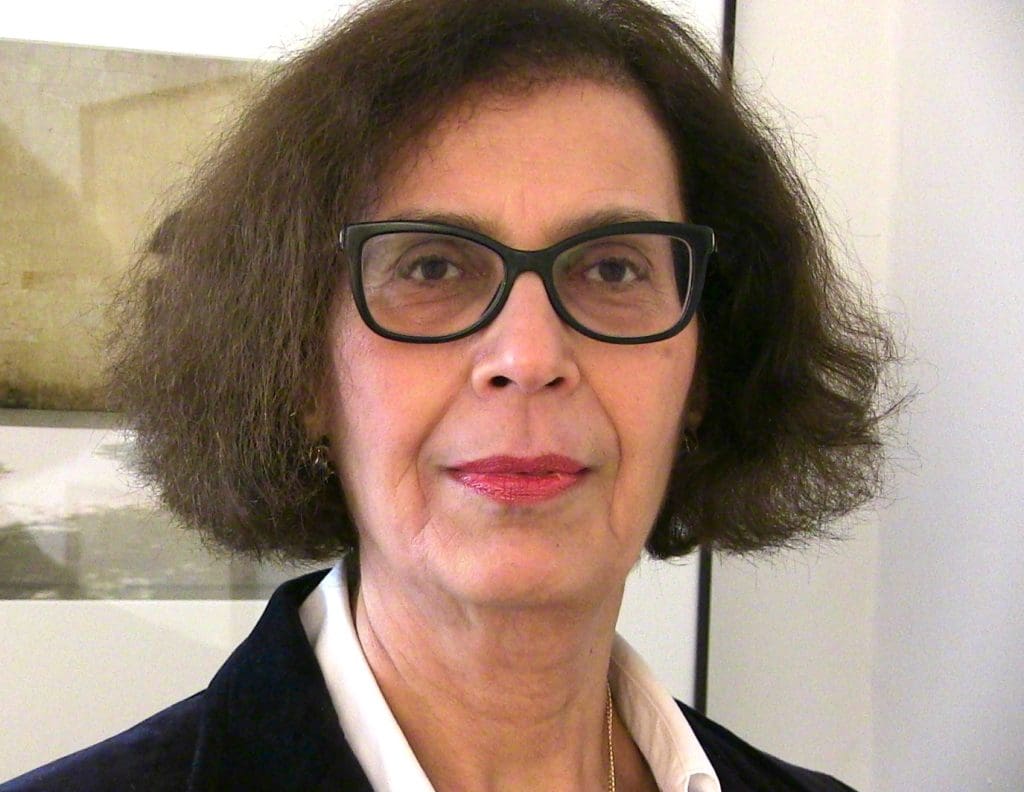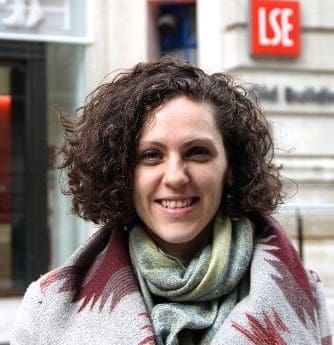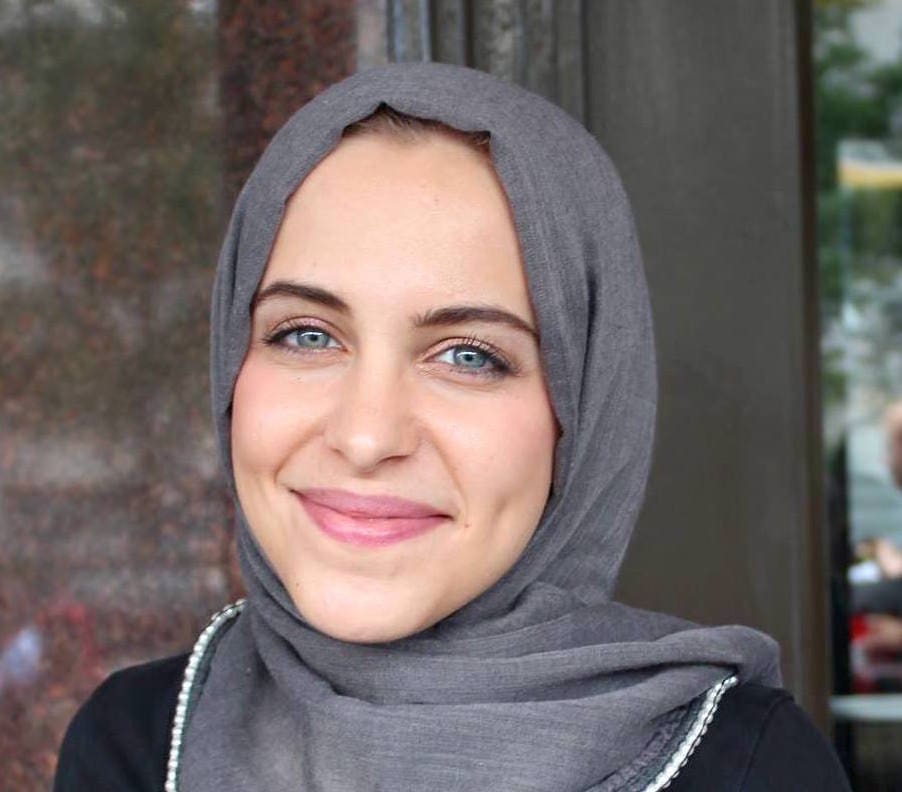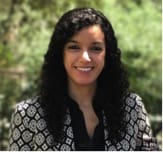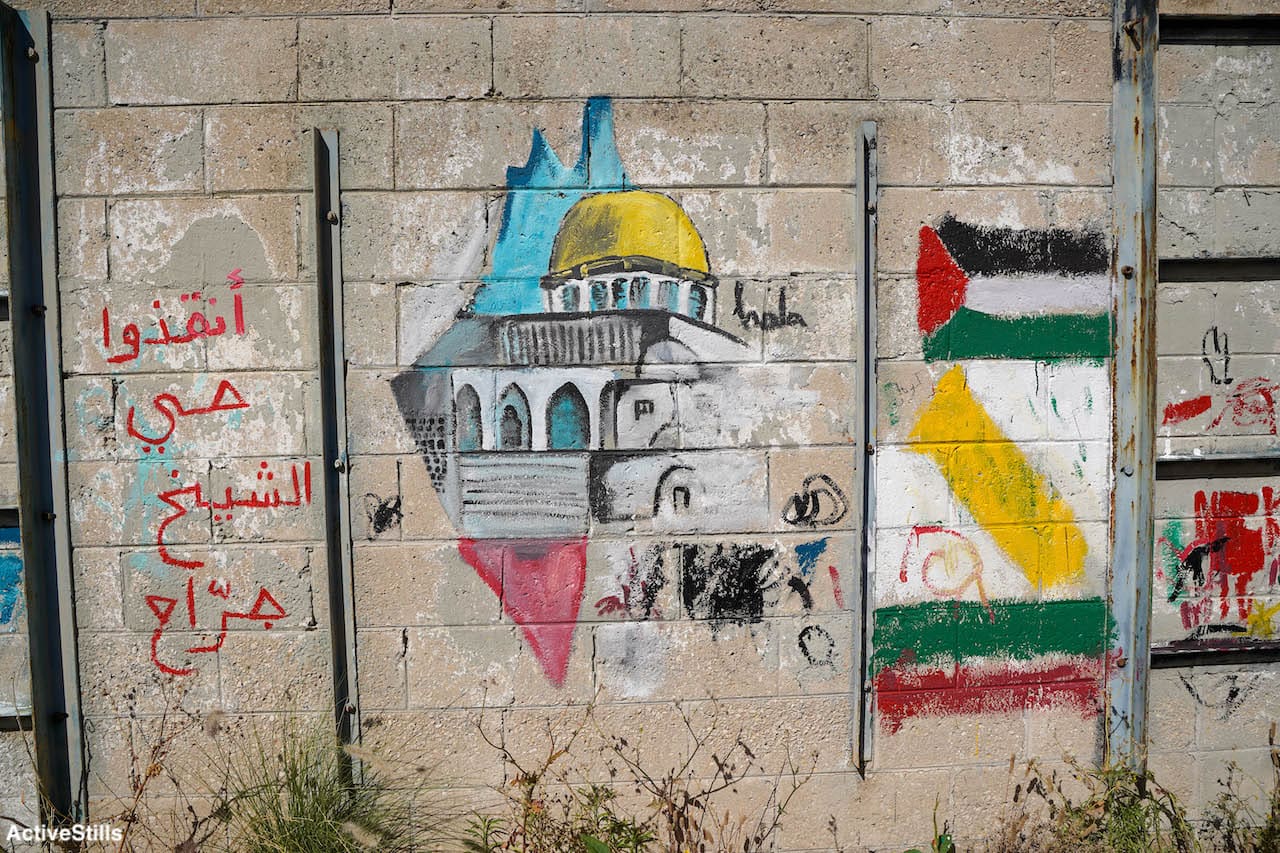
Jerusalem continues to lie at the center of political developments in Israel’s ethnic cleansing of Palestinians, and in the shifting landscape of US and EU foreign policy toward Palestine and the Israeli regime. Indeed, the Trump administration’s 2017 decision to recognize Jerusalem as the capital of Israel, and to move the US embassy from Tel Aviv to Jerusalem thereafter, has had devastating implications for Palestinian claims to the city. Meanwhile, from forced expulsions in Sheikh Jarrah and Silwan to attacks on worshipers in the al-Aqsa compound and in the vicinity of the Holy Sepulchre, the Israeli regime continues to ramp up its efforts to de-Palestinianize Jerusalem.
In light of this persistent campaign of erasure, and in light of Palestinian Jerusalemites’ persistent resistance to it, Al-Shabaka revisits the topic of Jerusalem, building on our 2017 Focus On, with a new selection of publications from our analysts.
Repercussions from the Trump Era
After Trump’s Jerusalem H-Bomb: Weighing Options for Palestinians,
Nadia Hijab
Which possibilities remain for Palestinians against the backdrop of US recognition of Jerusalem as the capital of Israel? In this commentary, Nadia Hijab outlines opportunities for Palestinian leadership and civil society across the globe. Read more…
Trump, Jerusalem, and the Future of Palestine
Nur Arafeh, Dana El Kurd, Munir Nuseibah, Victor Kattan, Tareq Baconi
In this roundtable, Al-Shabaka analysts examine the US’s affirmation of Israel’s apartheid regime, the role of the Palestinian Authority, and ways to safeguard Palestinian rights in the face of such setbacks. Read more…
The EU and Jerusalem: The Potential for Pushback
Yara Hawari
Rhetoric without action is insufficient, Yara Hawari argues in this policy brief. In light of the US embassy move from Tel Aviv to Jerusalem, the EU must seize its role as one of the few remaining channels to pursue Palestinian human rights and pressure Israel. Read more…
The De-Palestinianization of Jerusalem
Israel’s Latest Attempts to Alter Geopolitical Realities in Jerusalem
Zena Agha
The threat of annexation looms large in areas surrounding Jerusalem. In this policy memo, Zena Agha assesses the potential implications of Israel’s illegal settlement annexation and recommends steps to impede the process and hold the regime to account. Read more…
Israel’s Annexation Crusade in Jerusalem: The Role of Ma’ale Adumim and the E1 Corridor
Zena Agha
In this policy brief, Zena Agha zooms in on Israel’s efforts to rid Jersualem of its Palestinian population with “demographic gerrymandering and territorial expansion,” using the cases of Ma’ale Adumim and the E1 corridor. Read more…
The Reification of Ramallah: Undermining a Palestinian Capital in Jerusalem
Halah Ahmad
The Palestinian Authority plays a critical role in solidifying Israel’s agenda for Jersualem, writes Halah Ahmad in this policy memo, as she delves into Palestinian leadership’s investment in Ramallah as a Palestinian pseudo-capital. Read more…
Destroying Palestinian Jerusalem, One Institution at a Time
Yara Hawari
Israel’s de-Palestinianization of Jerusalem extends beyond land theft. As Yara Hawari details in this policy brief, attacks on vital cultural institutions remain an integral part of the Israeli regime’s systematic destruction of the city’s Palestinian identity. Read more…
Sheikh Jarrah and Beyond
Muna Dajani
Muna Dajani joins host Yara Hawari on Rethinking Palestine, Al-Shabaka’s monthly podcast series, to discuss how the #SaveSheikhJarrah campaign acted as a catalyst for the 2021 Unity Intifada across historic Palestine. Read more…

